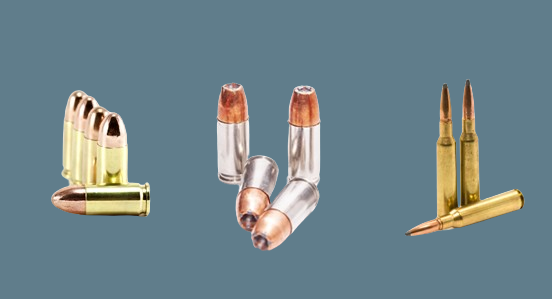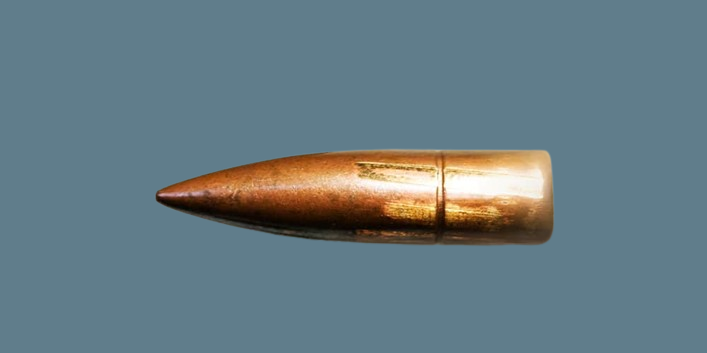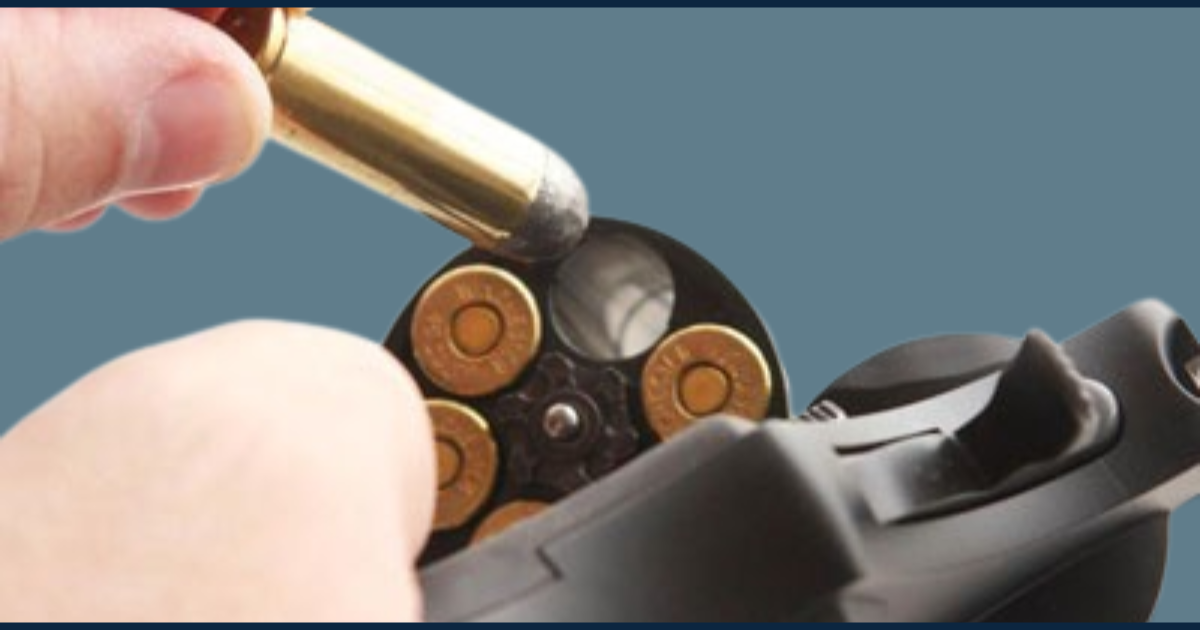Self-Defense Ammo: Choosing the Right Protection: In a world where personal safety is a paramount concern, selecting the appropriate self-defense ammunition is a crucial decision for responsible gun owners. The market is flooded with various types and brands of ammunition, each claiming to be the best for self-defense. This article aims to provide a comprehensive guide to help you navigate the complexities of Self-Defense Ammo selection, considering factors such as bullet type, caliber, and legal considerations.
Table of Contents
ToggleSelf Defense Ammo: Choosing the Right Protection

The first step in choosing self-defense ammunition is understanding the different bullet types available. The two primary categories are hollow points and full metal jacket (FMJ) rounds.
-
Hollow Point Ammunition
Hollow points are designed for self-defense purposes due to their unique construction. These bullets have a hollowed-out center that expands upon impact, creating a larger wound channel. This expansion not only increases the stopping power but also reduces the risk of over-penetration, a critical consideration in home defense scenarios. Hollow points are generally considered more effective for stopping an assailant quickly while minimizing the risk of harm to bystanders.
-
Full Metal Jacket (FMJ) Ammunition
FMJ rounds, on the other hand, have a lead core encased in a jacket made of copper or another metal. These rounds are commonly used for target practice and military applications. While FMJ ammunition tends to penetrate more deeply, it lacks the stopping power and expansion capability of hollow points. As a result, FMJ rounds may not be the best choice for self-defense, as they have a higher risk of over-penetration.
Caliber Considerations

Selecting the right caliber for your self-defense ammunition is another critical decision. The caliber refers to the internal diameter of the firearm’s barrel, and it determines the size of the bullet. Common self-defense calibers include 9mm, .40 S&W, and .45 ACP, each with its advantages and considerations.
-
9mm
The 9mm is a popular choice for self-defense due to its manageable recoil, higher magazine capacity, and effective stopping power. Advances in bullet technology have improved the performance of 9mm hollow points, making them a reliable option for personal protection.
-
.40 S&W
The .40 S&W offers a compromise between the capacity of the 9mm and the stopping power of the .45 ACP. However, the .40 S&W tends to have more recoil than the 9mm, making it less suitable for shooters who may struggle with recoil control.
-
.45 ACP
Known for its stopping power, the .45 ACP is a larger caliber that delivers significant energy upon impact. While it has a lower magazine capacity and more recoil compared to the 9mm, some shooters prefer the .45 ACP for its perceived superiority in stopping threats.
Balancing Recoil and Stopping Power of Self Defense Ammo

When selecting self-defense ammunition, it’s essential to find a balance between recoil and stopping power. A cartridge with excessive recoil may compromise accuracy and hinder follow-up shots, especially in high-stress situations. Conducting thorough testing and considering your own comfort and proficiency with the chosen caliber are crucial aspects of the decision-making process.
Legal Considerations of Self Defense Ammo
Understanding the legalities surrounding self-defense ammunition is vital for responsible gun ownership. Some jurisdictions have restrictions on the use of certain bullet types, such as armor-piercing or explosive ammunition. Additionally, over-penetration concerns may lead to legal repercussions if bystanders are unintentionally harmed.
-
Over-Penetration
Over-penetration occurs when a bullet passes through the intended target and continues to travel, posing a risk to bystanders. Hollow points are generally preferred for self-defense due to their controlled expansion, reducing the likelihood of over-penetration. However, it’s crucial to consider the layout of your home or the environment where you may need to defend yourself to minimize this risk.
-
Legal Restrictions
Before purchasing self-defense ammunition, familiarize yourself with local, state, and federal laws regarding ammunition types and restrictions. Some areas may prohibit specific bullet designs or impose restrictions on magazine capacity. Ignorance of these laws can lead to legal complications, even if you act in self-defense.
Testing and Reliability of Self Defense Ammo
Once you’ve narrowed down your options based on bullet type, caliber, and legal considerations, it’s crucial to test the chosen self-defense ammunition. Reliability is paramount in a life-threatening situation, and you need to trust that your ammunition will perform as expected.
-
Functionality Testing
Before relying on a specific brand or type of Self Defense Ammo, conduct functionality tests with your firearm. This involves firing several rounds to ensure proper feeding, ejection, and overall reliability. Functionality testing is essential to identify any potential issues before relying on the ammunition for personal protection.
-
Terminal Ballistics
Terminal ballistics refers to the performance of a bullet upon impact with a target. Conducting terminal ballistics tests allows you to evaluate how well a specific ammunition type expands and transfers energy to the target. Many ammunition manufacturers provide ballistic gel tests or other data that can help you assess the terminal performance of their products.
Conclusion
Selecting the right Self Defense Ammo is a critical aspect of responsible gun ownership. By understanding bullet types, considering the appropriate caliber, being mindful of legal restrictions, and conducting thorough testing, you can make an informed decision that aligns with your personal safety needs. Remember, responsible firearm ownership includes ongoing education and training, so stay informed about developments in ammunition technology and continue honing your skills for a safer and more secure future.